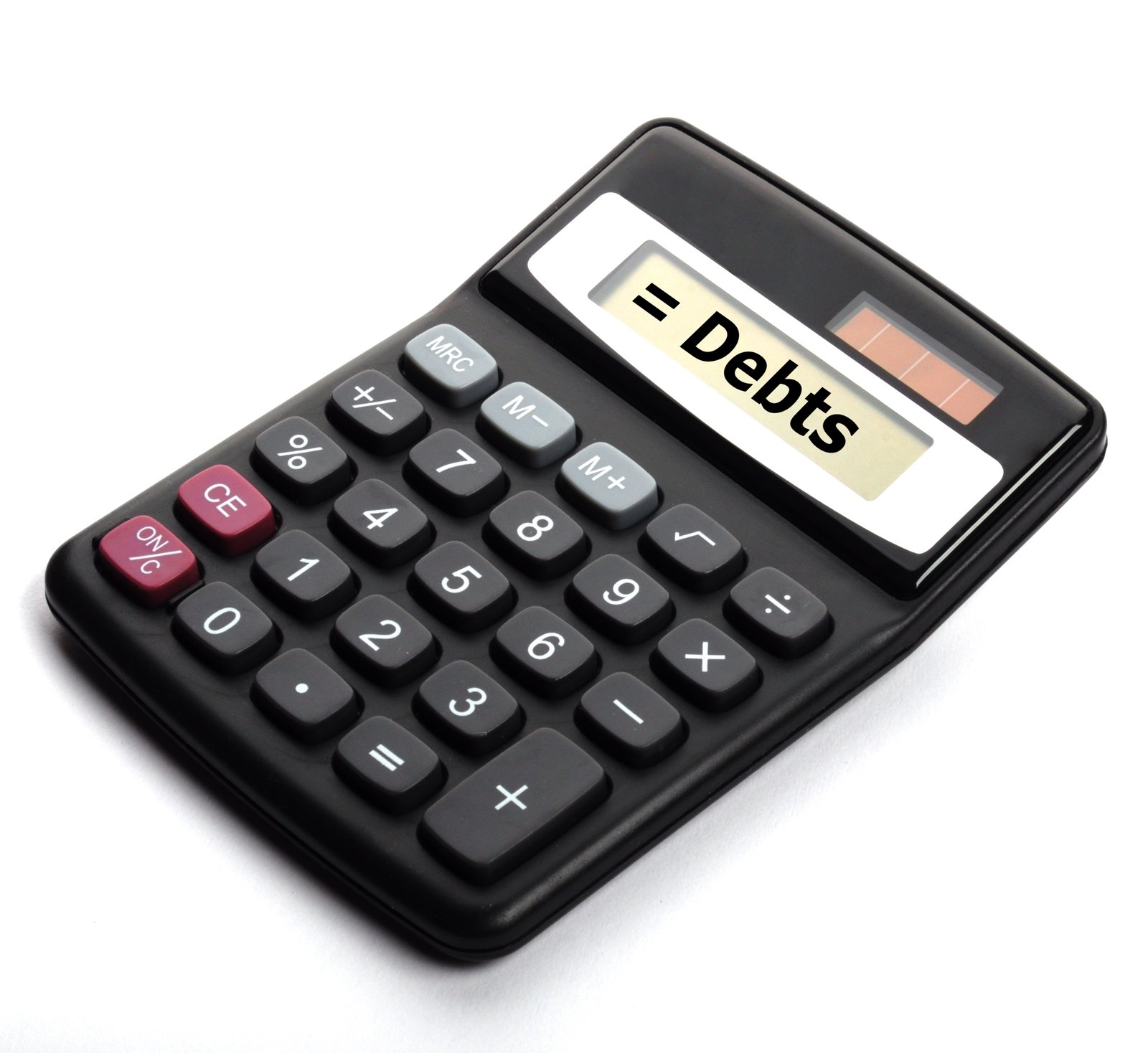When you find yourself deep in debt, it can be overwhelming and difficult to know the best course of action. Many people fall into the trap of making decisions that worsen their situation, either out of frustration, fear, or a misunderstanding of financial best practices. In this blog post, based on financial expert Lynnette Khalfani-Cox’s advice, we’ll walk you through the four biggest mistakes to avoid when you’re struggling with debt. These errors are common, but they can be devastating to your financial health.
1. Continuing to Spend
When you’re already in debt, the last thing you should do is keep spending. It may seem obvious, but many people continue to make purchases even as their debt piles up. There’s a psychological component to this: You might think, “What’s another $500 or $1,000 when I’m already $10,000 or $50,000 in debt?” But this mentality can be financially dangerous.
Continuing to charge more on your credit cards only digs you deeper into a financial hole. It makes it harder to climb out and can delay your path to financial recovery. You might rationalize your purchases by telling yourself you deserve them or that small additional expenses won’t make a big difference. However, every dollar adds up and makes it more challenging to get back on track. This is one of the quickest ways to set yourself up for long-term economic failure. Instead, put a halt to unnecessary spending and focus on cutting back where you can.
2. Taking Out a Home Equity Loan
A common but risky solution that people turn to when they’re struggling with debt is to take out a home equity loan to pay off their credit cards. At first glance, this may seem like a reasonable option—after all, you’re using your house as collateral to secure a lower interest rate. However, the problem is that you’re putting your home at risk.
By converting unsecured credit card debt into a secured debt like a mortgage, you’re creating a situation where your house could be at risk of foreclosure if you can’t make your payments. If you don’t have a solid, realistic plan to pay off that home equity loan, this could turn into a financial disaster. Worse yet, if you haven’t addressed the underlying issues that led you into debt—whether it was overspending, an unexpected job loss, or another financial hardship—you’re at risk of falling back into the same debt trap. Be cautious before putting your home on the line for short-term debt relief.
3. Borrowing from Family and Friends
It’s tempting to turn to family and friends for financial support when you’re in debt. After all, they know and trust you, and they might be more lenient about repayment than a bank or credit card company. However, borrowing money from those close to you can damage your relationships in ways that can’t easily be repaired.
Money has a way of complicating personal relationships, especially if things don’t go as planned. If you can’t pay back the loan on time, or if circumstances prevent you from repaying the loan at all, this can lead to uncomfortable situations and even result in a permanent falling out. Instead of borrowing from loved ones, explore other options, such as creating a realistic budget, negotiating with creditors, or looking into debt management plans. Keeping financial issues out of personal relationships is often the wiser long-term choice.
4. Ignoring Warning Signs
When you’re struggling with debt, there are usually several warning signs that your financial situation is becoming unmanageable. These red flags might include:
- Only being able to make minimum payments on your credit cards.
- Being rejected for new credit or loans.
- A noticeable decline in your credit score.
- Experiencing tension or arguments with your spouse or partner over money.
- Missing payments or juggling bills to meet immediate obligations.
One of the biggest mistakes people make is to ignore these signs and hope that the situation will resolve itself. By doing this, you could end up facing even more severe consequences, such as bankruptcy, foreclosure, or divorce. Lynette advises that you take action as soon as you notice these signs rather than waiting for a financial catastrophe. Addressing your debt head-on, whether by seeking professional advice or starting a debt repayment plan, can help prevent long-term damage.
The Path Forward
Now that you’re aware of these four common mistakes, it’s important to shift your focus toward smarter financial strategies. Begin by reducing your spending and making a concrete plan to tackle your debt. If you’ve considered borrowing against your home or from friends and family, take a step back and explore alternative options like debt consolidation or a reputable credit counseling service.
Finally, don’t ignore the warning signs of too much debt. A proactive approach is always better than waiting for things to get worse. By making small but deliberate changes in how you handle your finances, you can start to take control of your debt and move toward financial freedom.
Conclusion
If you’re serious about getting out of debt, avoiding these four mistakes can make a significant difference in your financial recovery. The journey to financial freedom is not easy, but by making smarter decisions and addressing the root causes of your debt, you can break free from the cycle of debt and create a more secure financial future.
Remember, you don’t have to face this alone. Seeking out professional help from financial advisors, credit counselors, or online resources like AskTheMoneyCoach.com can provide you with guidance and support as you work toward becoming debt-free. It’s never too late to start making better financial choices—start today and take control of your financial destiny!










